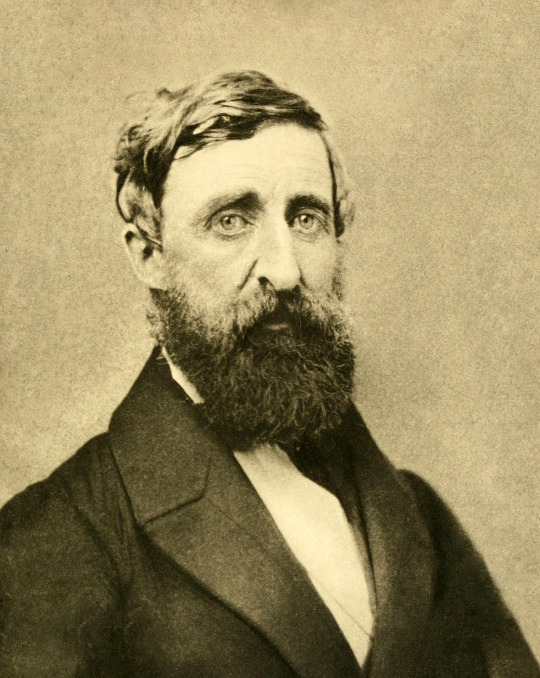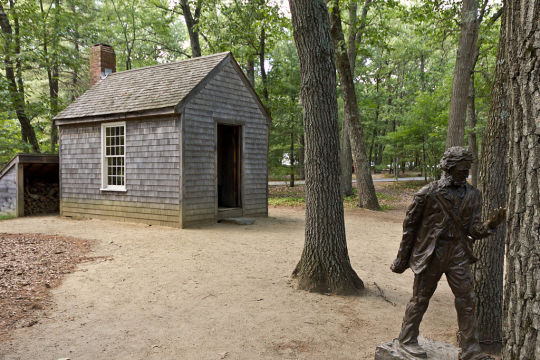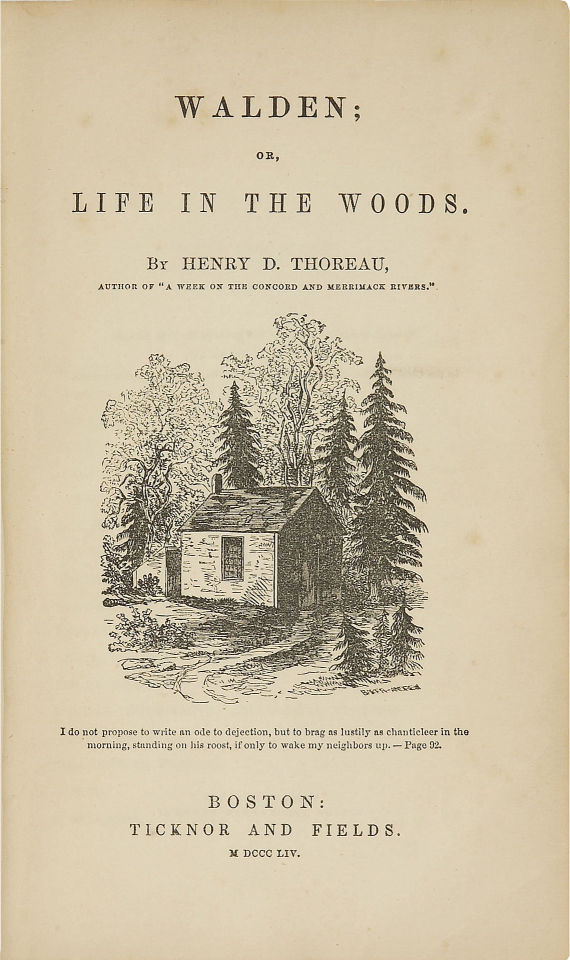#i have a feeling id see a lot more if i specified them having beards LOL
Explore tagged Tumblr posts
Text
still surprised that the people behind world of warcraft actually really released a race where the women can have beards, and not even just small or subtle beards, but ones just as big and grand as the men have. i dont really ever expect much from blizzard when it comes to anything progressive really, so its always a surprise if they do have anything like this.
and when ive mentioned it before, people have told me that women dwarves (the earthen arent even actually dwarves(?), they just look A LOT like them for whatever reason) usually have beards?? but ive never seen that before this whole thing, and even then, this is blizzard were talking about. its actually just a shock they did something like this at all.
i try not to publically praise them too much for a few reasons, but i just have to say that i like it, and yes i gave my earthen woman a grand beard.
#my post#world of warcraft#like. if i look up 'woman dwarf' on google images i get like. *some* that have beards but its very few#i have a feeling id see a lot more if i specified them having beards LOL#im not doubting that its been a thing for a long time#but i think saying that its a super normal common thing that people do is a slight overstatement#and if anything i think more people probably wouldnt do it because they cant concieve of a woman having a beard#and it being like... just a serious normal thing that exists#which is a shame because like. bro!! thats one more thing to customize on your character what!!!!#if anything i dont ever draw beards because im just not good at it. but im not good at it because i dont draw beards :pensive:#also if youre wondering why i hesitate to publically praise blizzard. obv there was that whole thing a few years ago that was super fucked#but also even just in world of warcraft itself there is... undoubtably a few questionable things... mainly the goblins#but its no secret how i feel about the goblins in wow#and obviously theres a few other things as well#like clearly i really like the game so i definitely have things in it that i could praise#but it just feels weird to publically praise it cause it feels like im somehow ignoring the bad things even though i really. really am not#earthen wow
9 notes
·
View notes
Text
Henry David Thoreau
Who: Henry David Thoreau
What: Author, Philosopher, Abolitionist, Activist, Naturalist, Critic, Surveyor, Yogi, Historian...ah, Jeez, what wasn't he?
Where: American (active largely in the US)
When: July 12, 1817 – May 6, 1862

(Image description: a photo of Henry David Thoreau from 1861, it is obviously in black and white but has faded to sepia. He is a white man in a jacket and what appears to be a scarf or cravat. He has a long, tired face, circles around his eyes. He has a thick beard and mustache and slightly messy hair, his hair is dark but graying. End ID)
You have probably heard this name even if you don't know why. He is best known for his memoirs, essays, and his role in the founding of the Transcendentalist movement. His progressive philosophy remains relevant to this day. His influence has lasted well over a century and he served as inspiration for the likes of JFK, Martin Luther King Jr., Hemingway, Tolstoy, Shaw, Gandhi, among dozens of other names of equal note.
Thoreau was a Transcendentalist through and through, meaning he believed in the inherent goodness of humanity and nature in conjunction with science, and the power of the individual. His writing is generally practical, thoughtful, detailed, and observant, and he wrote extensively on a number of subjects. Perhaps most notably on environmentalism (he is one of the inspirations for and a precursor to the 20th century environmentalist movement), nature, ethics, simple living, direct action, civil disobedience, abolition, tax resistance, anarchy, among countless other topics.
Thoreau's most famous and popular works include Walden, which is the published version of of the diary Thoreau kept over his two year social experiment at Walden Pond (written beginning in 1845, published in 1854), "Civil Disobedience," which helped both Gandhi and Dr. King form their philosophies, and states that in an unjust society the just must rebel, (it was originally titled "Resistance to Civil Government or Civil Disobedience", 1849), "Walking" an instruction manual on how Thoreau thought, observed, and wrote (1862), "Slavery in Massachusetts", a speech given at a rally to protest the re-enslavement of escapee/fugitive slave Anthony Burns (1854) and Excursions, collection of essays, published posthumously in 1863 with biographical introduction by fellow author and Transcendentalist Ralph Waldo Emerson. He also wrote on John Brown and his execution ("A Plea for Captain John Brown" [1859], Remarks After the Hanging of John Brown [1859], and The Last Days of John Brown [1860]).

(Image description: a replica of Thoreau's cabin in Walden. It is a very small wooded. Cabin in a clearing, one room at most, brown/gray in color. It has a white multi-paned window and a brick chimney in the back. The whole cabin is not much taller than its door. Behind it is a shed or outhouse. They are surrounded by trees. Touching one of the closest trees is a brown metal statue of a man walking, presumably Thoreau. End ID)
Probable Orientation: Gay ace or possibly aroace with a desire for a male QPP.
I am very confident in Thoreau's asexuality, if a little shakier on his romantic orientation. As far as anyone knows (and his life has been repeatedly and heavily scrutinized since the 19th century) Thoreau never had a romantic or sexual partner. He was a public figure with a wide circle of friends, someone would have known at some point during his life and if somehow a partner escaped notice the historians who dedicated their lives to studying his life specifically would have uncovered them. Thoreau wrote on male/male relationships, some more platonic, some queerplatonic, some vagulely romantic, none sexual.
Thoreau, like Elizabeth I, is one cishets hold onto, turning away from the idea he could be anything but heterosexual regardless of the evidence to the contrary. Like Andy Warhol he is one exclusionists refuse to acknowledge was ace, although they have even less of an argument here. Many aphobic fans of Thoreau are terrified by the idea that maybe, just maybe, the thing Thoreau loved most was nature. Some outrageous arguments from either side include: one historian claimed a poem Thoreau wrote for a man was actually meant for that guy's sister, some say he was being hip in writing about Achilles, some say he was too repressed to have sex, especially since he was gay. One blogger got heated in his admantness that Thoreau wasn't ace but was "a human being with feelings and needs." Nice aphobia there, dude.
But here is the thing about any of those arguments: Thoreau broke every other rule in his culture. He was not afraid to be different, and separated himself from society. He was all about the individual breaking away from society and its traditions and going with your human nature. Thoreau did what he believed to be right.
He had a following, many friends and aquaintences, almost certainly suitors, he spent a lot of time alone in the company of men he seemed to find attractive e.g. Tom Fowler (who was his sole companion and guide through Maine) and Alek Therien (who visited Thoreau alone at Walden). I firmly believe that his percieved "prudishness" was not artificial but came from a genuine disinterest and failure to even really understand sexual attraction (his journals imply as much, you will see). If he did sleep with any of these men Thoreau never documented it, not even in his own journals. But what he did articulate in letters is that society's refusal to discuss sex/physical relationships was proof of its problems. Sex was natural so dismissing it wasn't.
His feelings about sex are contradictory, he thinks it must be natural but he also finds it repulsive and dirty. He makes note at one point of how beautiful pollination is (he is quoting and translating J. Biberg but agrees with the sentiment and indeed only uses the quote to prove his point on the beauty of sexless flowers), but he vilifies or dislikes human intercourse. Thoreau seems to like the idea of sex without the sex, he likes closeness more than intercourse. He wants to like sex but can't, the closest he gets is the desire for these things to be open.
Quotes:
Hang onto your hats. There are some long ones here, but Thoreau, like Chopin, is pretty overtly ace. Like he couldn't make it clear without waving an asexual pride flag, would be hard considering it was invented in what? 2010? And Thoreau had already been dead 148 chaste, chaste years.
"What is commonly honored with the name of Friendship is no very profound or powerful instinct...I do not often see the farmers made seers and wise to the verge of insanity by their Friendship for one another. They are not often transfigured and translated by love in each other’s presence. I do not observe them purified, refined, and elevated by the love of a man…I do not often see the farmers made seers and wise to the verge of insanity by their Friendship for one another. They are not often transfigured and translated by love in each other’s presence. I do not observe them purified, refined, and elevated by the love of a man…Nor do the farmers' wives lead lives consecrated to Friendship. I do not see the pair of farmer Friends of either sex prepared to stand against the world...Even the utmost good-will and harmony and practical kindness are not sufficient for Friendship, for Friends do not live in harmony merely, as some say, but in melody. We do not wish for Friends to feed and clothe our bodies,--neighbors are kind enough for that,--but to do the like office to our spirits…[the ideal friendship] will make a man honest; it will make him a hero; it will make him a saint. It is the state of the just dealing with the just, the magnanimous with the magnanimous, the sincere with the sincere, man with man.”
-Henry David Thoreau, from his journal 1839. This entry on friendship the hope for something deeper than what most people call by that name, but still looking for friendship. He is looking for a partner, an emotional, spiritual, partner. This quote could be read as romantic or queerplatonic. You know which one I am leaning toward, queerplatonic, especially because he specifies these relationships as unique from marriage (which he equates in other texts with sex and maybe romance) also he was writing while on a trip with his brother, John, to whom he would later dedicate the publication after John's death in 1842. But it could easily also be a sexless romantic relationship, what he is looking for is not explicitly either.
The following are all from 1852 letters written by Thoreau to his friend and proofreader Harrison Blake. One of these letters was overtly written on the subject of "Chastity and Sensuality" and contains his complicated feelings on sexuality:
"What the essential difference between man and woman is, that they should be thus attracted to one another, no one has satisfactorily answered."
(Note: self explanatory)
"If it is the result of a pure love, there can be nothing sensual in marriage. Chastity is something positive, not negative. It is the virtue of the married especially. All lusts or base pleasures must give place to loftier delights...The deeds of love are less questionable than any action of an individual can be, for, it being founded on the rarest mutual respect, the parties incessantly stimulate each other to a loftier and purer life, and the act in which they are associated must be pure and noble indeed..."
(Note: in the above quote he seems to believe that in marriage sex must eventually stop because there is something better. As if they have gotten the sex stuff out of the way.)
"Love and lust are as far asunder as a flower-garden is from a brothel.
(Note: this was part of his description for his disdain for human sex vs human love, his confusion about sex but love of human relationships. It is part of that desire for sex without sex thing I mentioned but harsher than his tone in a later letter.)
"'The organs of generation, which, in the animal kingdom, are for the most part concealed by nature, as if they were to be ashamed of, in the vegetable kingdom are ex posed to the eyes of all ; and, when the nuptials of plants are celebrated, it is wonderful what delight they afford to the beholder, refreshing...'"
(Note: this is Thoreau quoting and translating J. Biberg. Part of the same letter as the brothel line. In this letter he discusses how perturbed he is by sex and lust, but how it should be something beautiful. He celebrates pollination, while finding human sex distasteful, again sex without sex.)
"The intercourse of the sexes, I have dreamed, is incredibly beautiful, too fair to be remembered. I have had thoughts about it, but they are among the most fleeting and irrecoverable in my experience."
(Note: Also self explanatory)

(Image description: the original title page of Walden. It has an illustration on it drawn by Thoreau's sister Sophia. Above the illustration it reads "Walden; or Life in the Woods by Henry D. Thoreau, Author of "A Week on the Concord and Merrimack Rivers". Then is the illustration showing Thoreau's cabin, it looks very much like the modern replica if with a slightly different treeline. There is a path leading from the cabin down to the bottom of the image directed at the words below. The text continues after the drawing "I do not propose to write an ode to dejection, but to brag as lustily as chanticleer in the morning, standing on his roost, if only to wake the neighbors up. -Page 92. Boston, Ticknor and Fields. M DCCC LIV.". End ID)
#lgbtq#queer#asexual#ace#history#gay#authors#19th century#american#north america#usa#aromantic#aro#activists#bio
35 notes
·
View notes